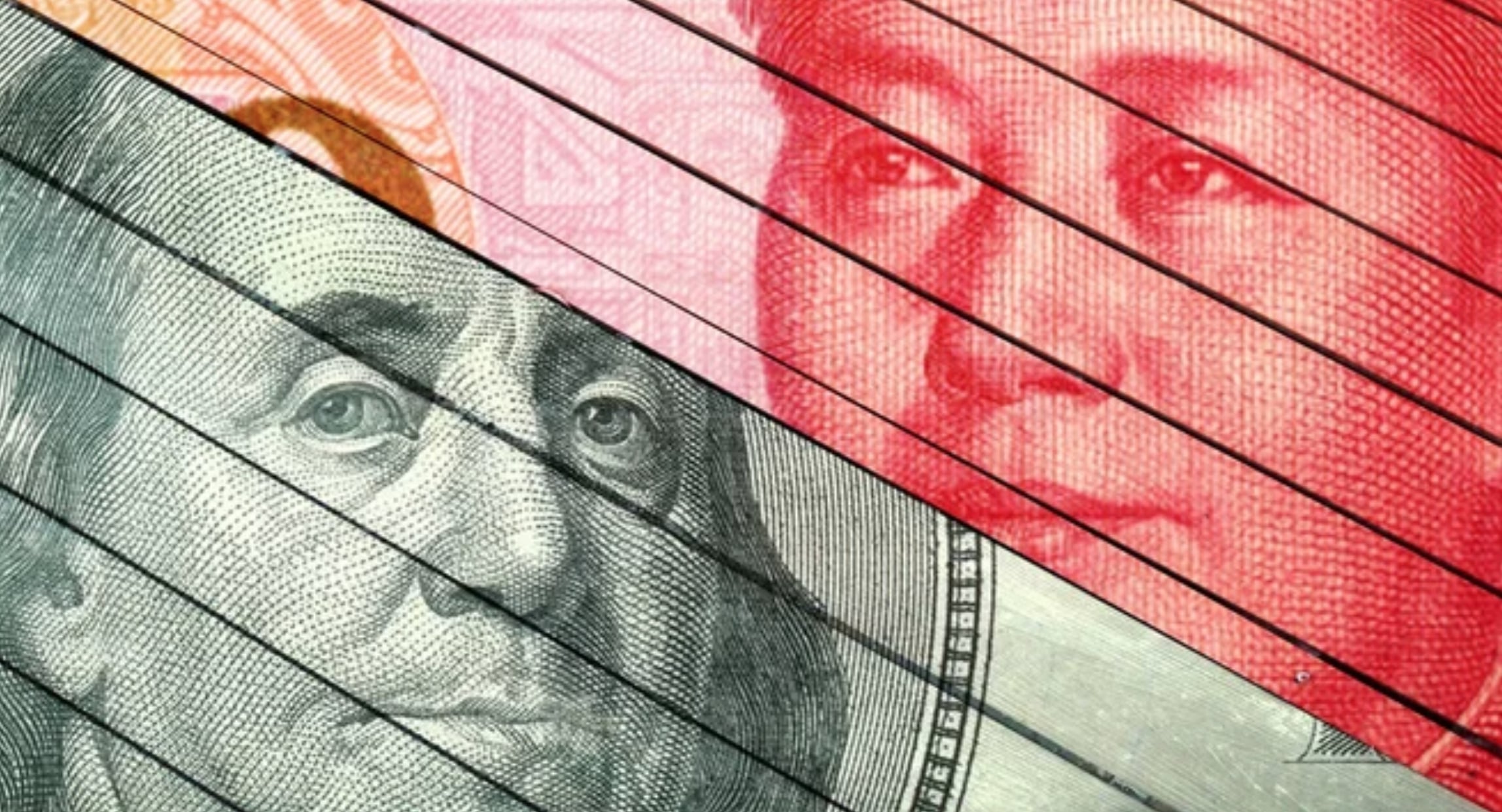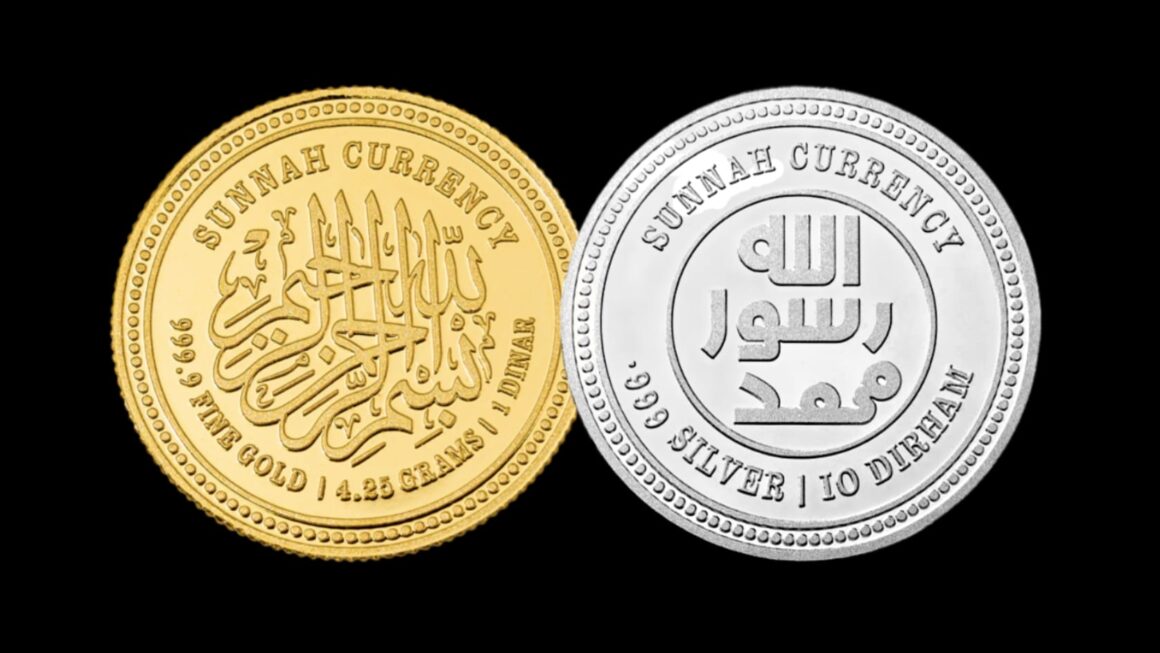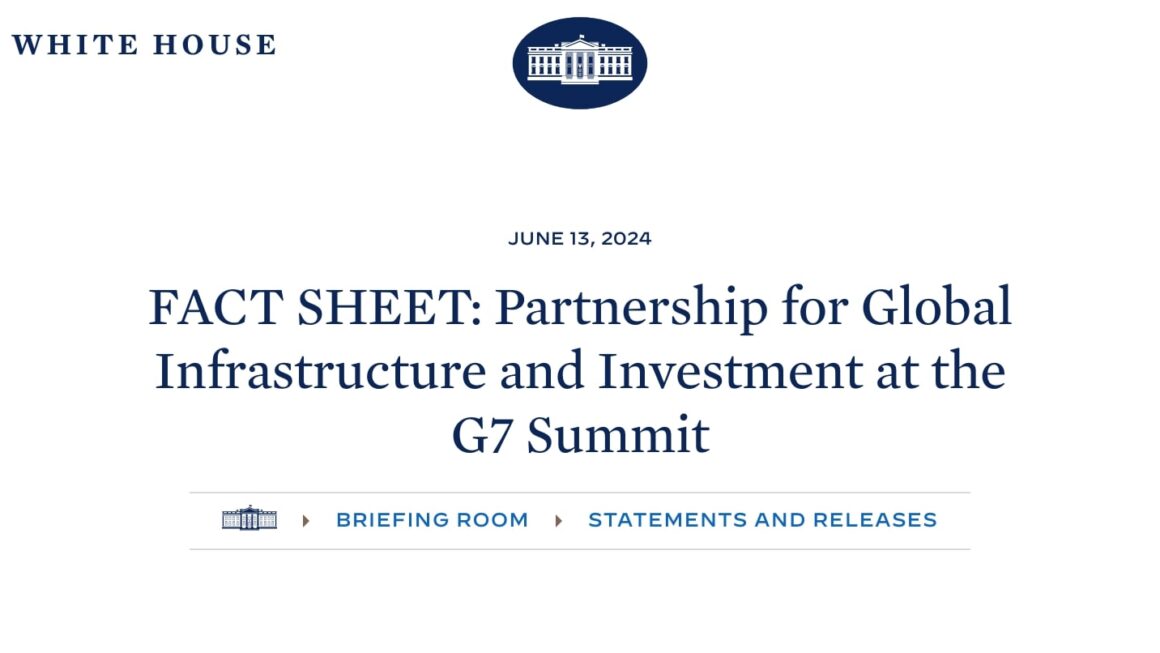The International Monetary Fund (IMF) has hinted that it may accept the Chinese Yuan as a currency for countries to settle their obligations with the IMF following Argentina’s recent debt repayment in yuan.
Outline:
- Introduction
- Background on the International Monetary Fund (IMF)
- The Role of Currencies in International Transactions
- Argentina’s Debt Repayment in Yuan
- The IMF’s Consideration of the Yuan
- Benefits of Accepting the Yuan
- Challenges and Concerns
- Future Implications
- Conclusion
- FAQs
Article:
Introduction
In a groundbreaking development, the International Monetary Fund (IMF) has signaled its willingness to accept the Chinese Yuan as a currency for countries to settle their obligations with the organisation. This move comes on the heels of Argentina’s recent debt repayment in yuan, which has sparked interest and discussion regarding the growing prominence of the Chinese currency in international finance. In this article, we will explore the implications of the IMF’s consideration of the yuan and its potential impact on the global financial landscape.
Background on the International Monetary Fund (IMF)
The International Monetary Fund (IMF) is an international financial institution established in 1944 with the goal of promoting global monetary cooperation, facilitating international trade, and fostering sustainable economic growth. It provides financial assistance, policy advice, and technical assistance to member countries facing economic challenges. The IMF plays a vital role in maintaining stability in the global economy.
The Role of Currencies in International Transactions
Currencies serve as a medium of exchange in international transactions, enabling countries to buy and sell goods and services across borders. Traditionally, the U.S. dollar (USD) has been the dominant currency used in international trade and as a reserve currency by central banks worldwide. However, the global economic landscape has been evolving, and the rise of emerging economies, particularly China, has led to increased prominence of the Chinese Yuan (CNY) in international finance.
Argentina’s Debt Repayment in Yuan
Argentina’s recent decision to repay its debt to the IMF in yuan has raised eyebrows and sparked discussions about the role of the Chinese currency in international financial transactions. This move marks a significant milestone as Argentina became the first country to settle its obligations to the IMF using the yuan. The decision reflects the growing economic ties between Argentina and China and highlights the increasing acceptance of the yuan as a global currency.
The IMF’s Consideration of the Yuan
Following Argentina’s debt repayment in yuan, the IMF has shown interest in accepting the Chinese currency as a means of settlement for countries’ obligations with the organisation. This move signifies a potential shift in the IMF’s currency composition and recognises the growing importance of the yuan in the global financial system. Accepting the yuan would offer countries an alternative to the U.S. dollar and contribute to a more diversified international monetary system.
Benefits of Accepting the Yuan
The acceptance of the yuan by the IMF carries several potential benefits. Firstly, it would enhance the international status of the Chinese currency, positioning it as a credible alternative to the U.S. dollar. This could reduce the dependency on a single currency and promote greater stability in the global financial system. Additionally, accepting the yuan would strengthen the IMF’s relationship with China, fostering closer cooperation and alignment between the organisation and one of the world’s largest economies.
Furthermore, using the yuan as a settlement currency could facilitate trade and investment between countries, especially those with strong economic ties to China. It would streamline transactions, reduce currency exchange costs, and mitigate foreign exchange risks. This development may also encourage other countries to increase their holdings of yuan, potentially boosting China’s currency and further expanding its influence in international finance.
Challenges and Concerns
While the potential acceptance of the yuan by the IMF presents exciting prospects, it also raises certain challenges and concerns. One major consideration is the stability and convertibility of the Chinese currency. The IMF will carefully assess the yuan’s transparency, liquidity, and adherence to international financial standards before making any decisions. The organisation will also evaluate China’s economic policies and reforms to ensure they align with its objectives of promoting stability and sustainable growth.
Another concern is the impact on existing reserve currencies, particularly the U.S. dollar. The dollar has long enjoyed its status as the dominant reserve currency, and any shift towards alternative currencies could have implications for the global balance of power. Additionally, the potential acceptance of the yuan by the IMF could lead to increased competition among currencies and potentially complicate international financial governance.
Future Implications
The IMF’s consideration of the yuan represents a significant milestone in the internationalisation of the Chinese currency. If the IMF decides to accept the yuan as a settlement currency, it could have far-reaching implications for the global financial system. It may encourage other international organisations and central banks to follow suit, further bolstering the yuan’s status as a reserve currency. This development could also provide an impetus for China to continue its economic reforms and open up its financial markets to greater international participation.
Conclusion
In conclusion, the IMF’s hint at accepting the Chinese Yuan as a currency for countries to settle their obligations is a significant development in the global financial landscape. Argentina’s recent debt repayment in yuan has brought this possibility to the forefront, showcasing the increasing prominence of the Chinese currency. While the decision is still pending, the potential acceptance of the yuan by the IMF carries numerous benefits, such as diversifying the international monetary system, strengthening ties with China, and facilitating trade and investment. However, challenges and concerns surrounding currency stability and global power dynamics must be carefully addressed. The future implications of the IMF’s decision could reshape the international financial order and solidify the yuan’s position as a global currency.
FAQs
Q1: What is the International Monetary Fund (IMF)? The International Monetary Fund (IMF) is an international financial institution that promotes global monetary cooperation and provides financial assistance, policy advice, and technical assistance to member countries.
Q2: Why is Argentina’s debt repayment in yuan significant? Argentina’s decision to repay its debt to the IMF in yuan is significant because it marks the first time a country has settled its obligations with the organisation using the Chinese currency.
Q3: What are the benefits of accepting the yuan for the IMF? Accepting the yuan would enhance the international status of the Chinese currency, promote a more diversified international monetary system, strengthen the IMF’s relationship with China, and facilitate trade and investment.
Q4: What challenges does the IMF face in accepting the yuan? The IMF faces challenges related to the stability and convertibility of the yuan, as well as the potential impact on existing reserve currencies and international financial governance.
Q5: How might the IMF’s decision impact the global financial system? If the IMF accepts the yuan, it could have implications for the global financial system, encouraging other organisations and central banks to follow suit and solidifying the yuan’s status as a reserve currency.














